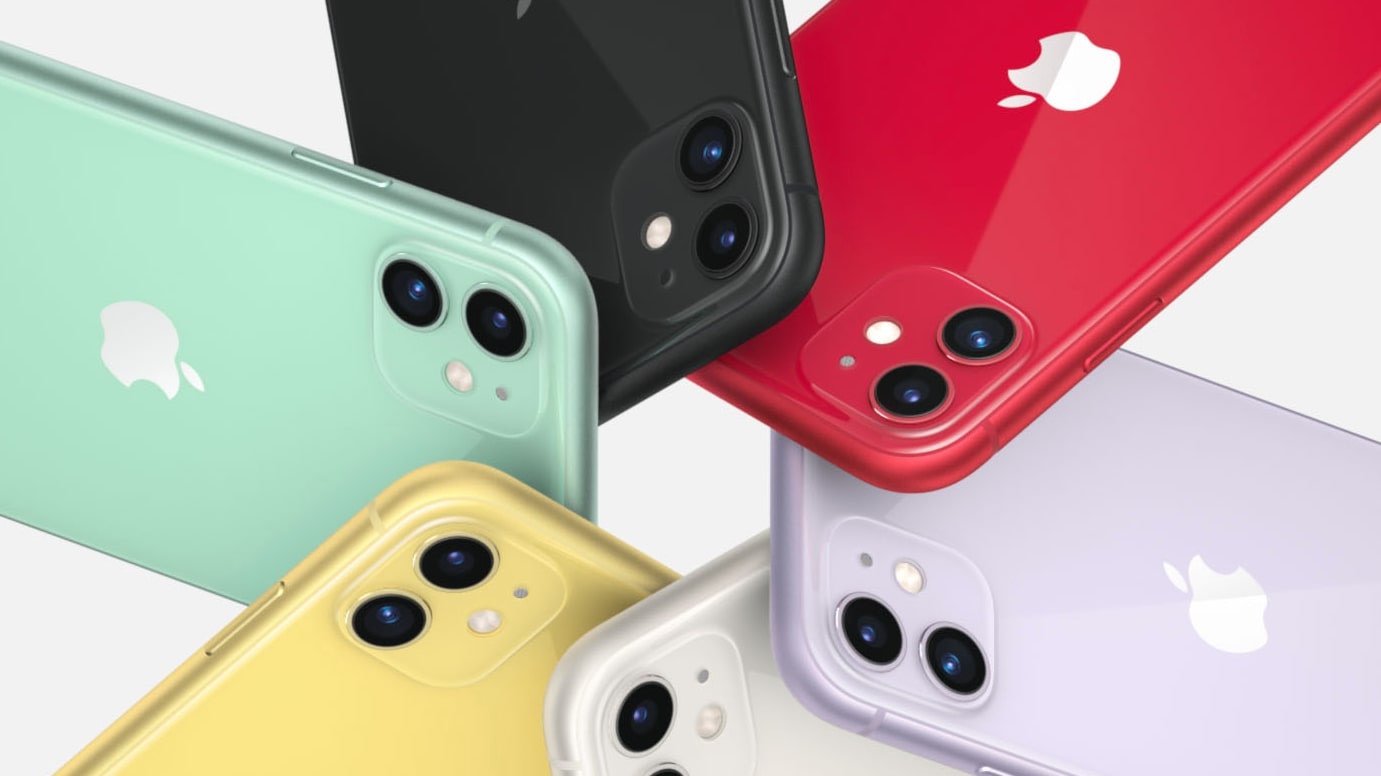How does an iPhone VPN work?
Everything you need to know about VPNs for iPhones

VPNs are one of the simplest and most effective ways to keep your information secure while using the internet, and iPhone VPN services offer most of the same features for your mobile device. While some tools are unavailable on iOS, you can still protect your data from third parties with many of the best VPN providers – pretty much all of which deliver stellar mobile support.
In this guide to iOS VPNs, we’ll take a look at how they work and how you can find the right option for your needs, and any limitations you might face compared to desktop VPNs. Then we’ll give our top recommendation.
- Setup VPN: our comprehensive guide for all devices
- Here's exactly how to change region on Netflix
How does a VPN for iPhones work?
Like any VPN – which stands for virtual private network – a VPN on an iOS device stops third parties from accessing your data by directing it through its server before sending it over the internet. This process eliminates a critical weak point in the exchange of information. If you’re using a publicly accessible network, for example, it’s easy for a skilled attacker to extract data about your internet activity.
VPNs are typically used on desktops and laptops, but the same principle applies when you use one on a mobile device, such as a tablet or smartphone. Whether you’re connecting via Wi-Fi or a cellular network, the VPN will route your information through its own secure servers.
There are a few key differences between VPNs on iPhones and VPNs designed for other devices and operating systems, though. iOS has unique restrictions on app activity that prevent certain tools from being included in apps from the App Store.
Split tunneling, for example, directs some activity through the VPN while allowing other information to go over the network directly. This feature is included with many desktop and Android VPN services, but on iOS devices this seems to be impossible to do, and no VPN currently offers this (to the best of our knowledge).
What makes a good VPN on iPhone?
VPNs are designed to protect information about your traffic, but routing that data through an extra server can lead to slowdowns in some cases. This is particularly true in situations where you’re connecting to a server that’s relatively far away from your location. With that in mind, speed is one of the most important factors to consider in any VPN.
Sign up to get the BEST of Tom's Guide direct to your inbox.
Get instant access to breaking news, the hottest reviews, great deals and helpful tips.
Of course, privacy is also critical for software that’s intended to keep your data secure. Unfortunately, many VPN providers store logs or even sell them to third parties for a profit. That’s especially common among free VPN services that need an alternative source of income.
You may also be interested in certain advanced features. For example, some VPNs come with a built-in kill switch that automatically stops your device from sending information over the internet whenever the VPN connection cuts out. Other notable benefits and options include support for streaming services, ad and malware blocking, and servers in a wider range of locations.
What’s the best VPN for iPhone?
While different VPNs have unique pros and cons, ExpressVPN is currently our top-rated iPhone VPN. It offers outstanding privacy and has strong connection speeds and support for some of the most popular streaming services.
Even though there are slightly cheaper options, ExpressVPN more than justifies its price tag with a strong set of features and servers located in more than 94 countries. You’ll also be able to stream content from tons of services all over the world, and what’s more, Tom’s Guide readers can now claim three months free on any annual plan.

Alex is a freelance writer based in New York who has previously covered a diverse range of different topics from parenthood to personal finance. His area of specialism for Tom's Guide is in VPN services and he aims to provide insightful, actionable content that can help consumers make the right decisions about which services to use and why.

